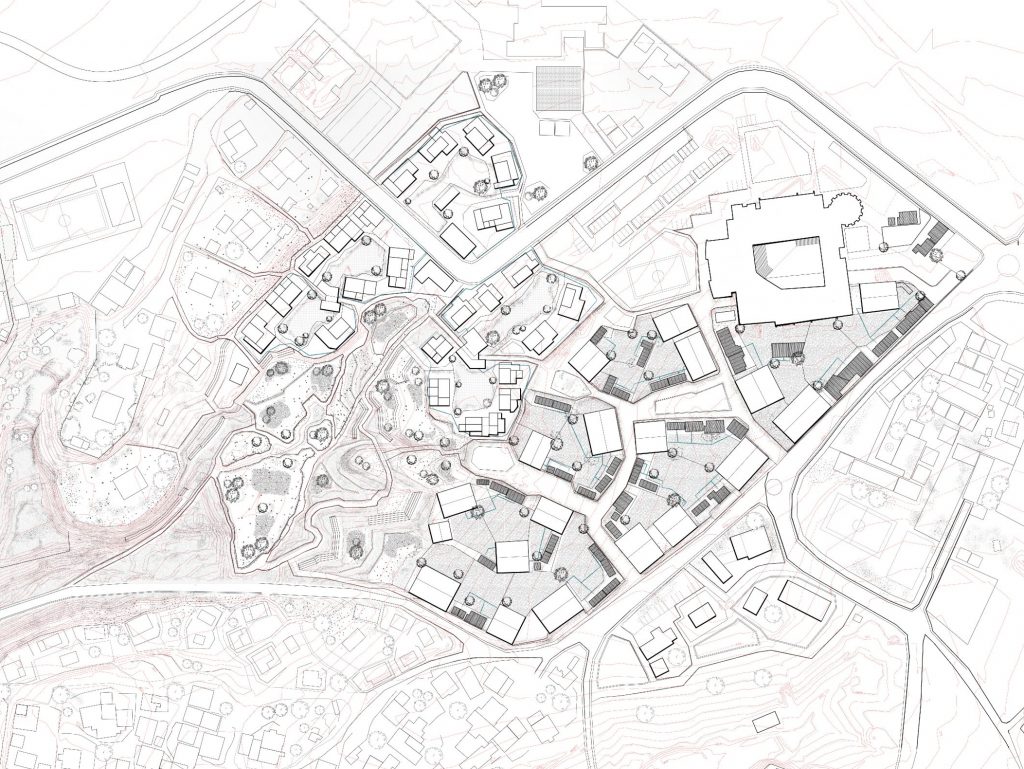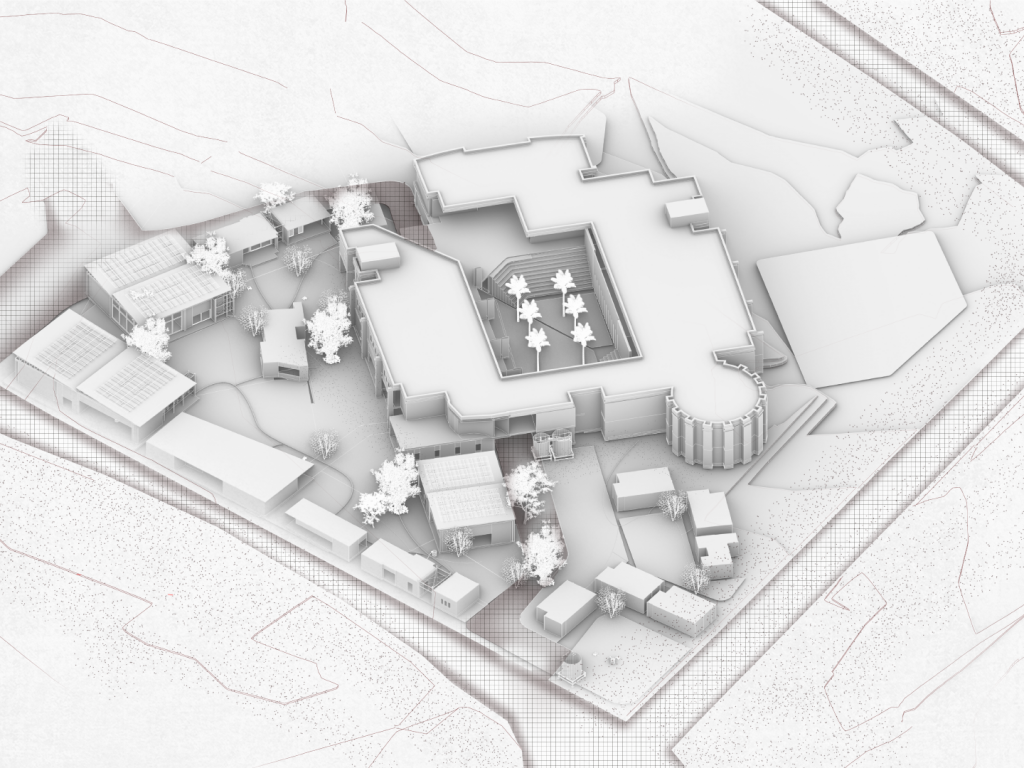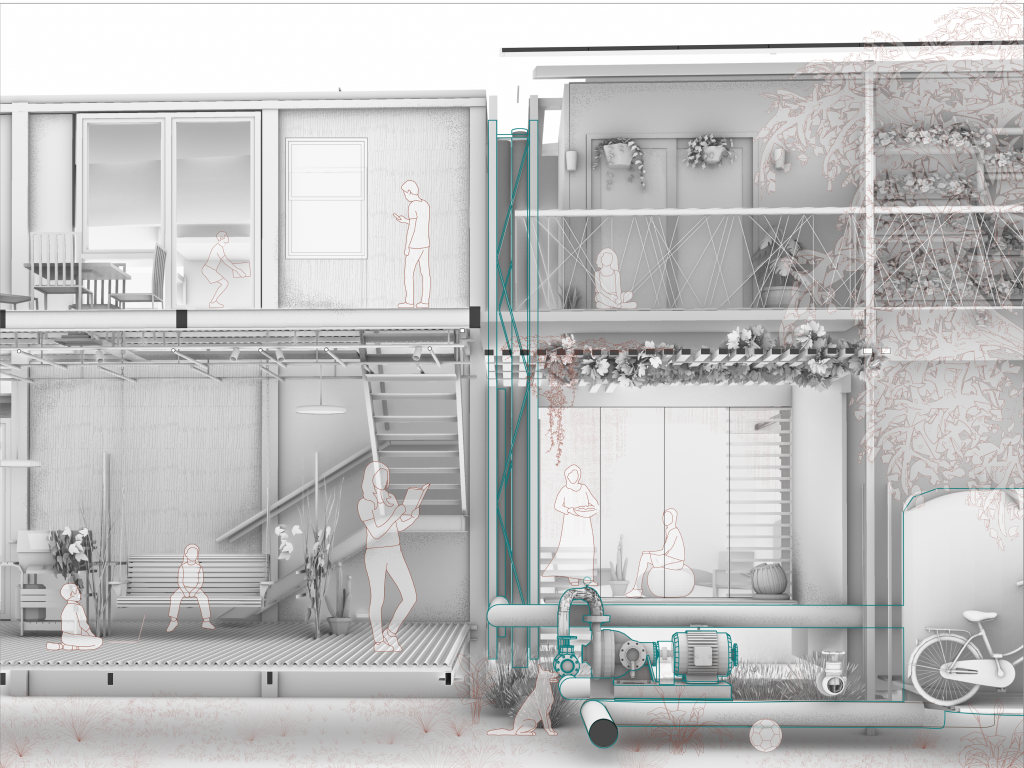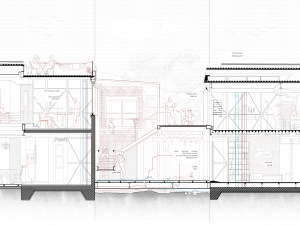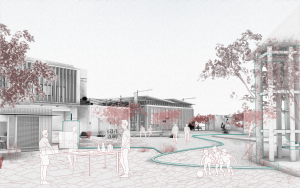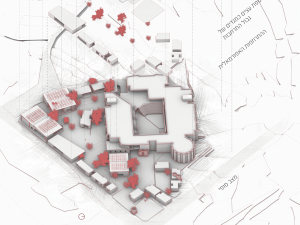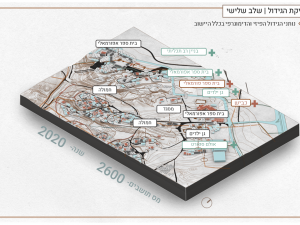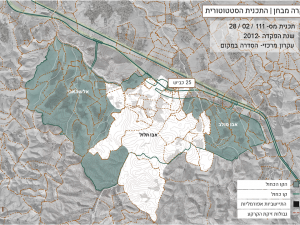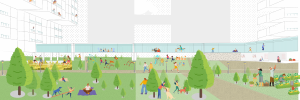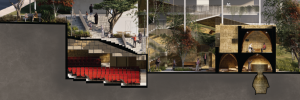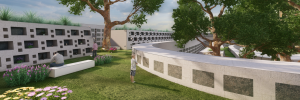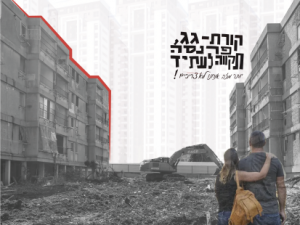In-Formalization Process
This planning project focuses on the “unrecognized villages” in the southern Naqab /Negev in Israel, as a case study of informal settlements within the country. The term “unrecognized” refers to the continued conflict between the state and the Palestinian Bedouin community over their right to land and over recognition. The lack of state-recognition results in a severe shortage of basic facilities, such as public services, infrastructure, and an overall lack of official, formal planning. Nevertheless, these villages continue to grow and develop in the built environment with the citizens themselves as significant actors.
The 2007 recognition process led by the state was a partial achievement. On the one hand, 11 out of 46 villages were recognised as official and received a masterplan, but on the other hand, the state’s recognition did not acknowledge the Bedouin community’s land properties and the proposed formal master plan neglected the local spatial and social codes.
In approaching the planning of informal settlements, this project proposes shifting the planning mentality from a strictly formal approach to a joint approach, in which formal planning as a method of organization and spatial order coexists with the evolving methods of the informal settlement, which are a manifestation of a community, a culture, and local environmental features. This shift raises questions about the planner’s role, and the role of spatial planning within a local planning process.



